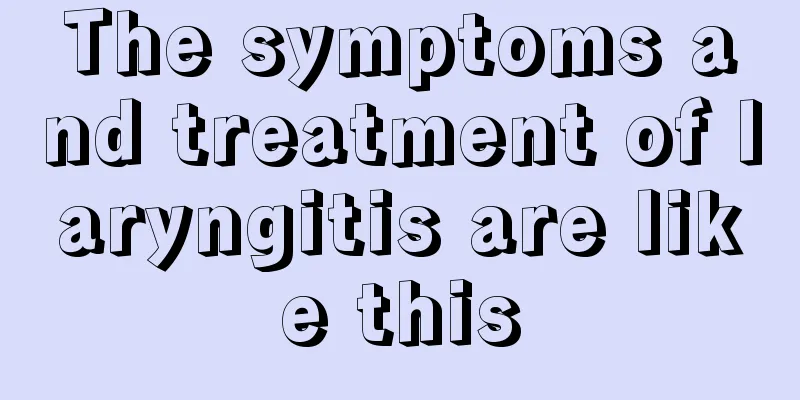Metronidazole tablets treat periodontitis, pharmacology is the most important

|
Metronidazole is indeed effective in treating periodontitis, but clinical trials have shown that this drug also has certain side effects. Metronidazole is a Western medicine preparation, mainly used to treat intestinal and extraintestinal amebiasis. It can also be used to treat vaginal trichomoniasis. It is currently also widely used in the treatment of anaerobic bacterial infections. So how does metronidazole treat periodontitis? Its pharmacological effects are: This product is a nitroimidazole derivative that can inhibit the redox reaction of amoeba and cause the nitrogen chain of the protozoa to break. In vitro tests have shown that when the drug concentration is 1-2 mg/L, Entamoeba histolytica will undergo morphological changes in 6-20 hours and will be completely killed within 24 hours. When the concentration is 0.2 mg/L, Entamoeba histolytica can be killed within 72 hours. This product has a powerful effect of killing trichomonas, but its mechanism is unknown. Metronidazole has a killing effect on anaerobic microorganisms. The metabolites generated when it is reduced in the human body also have anti-anaerobic effects, inhibiting the synthesis of bacterial deoxyribonucleic acid, thereby interfering with bacterial growth and reproduction, and ultimately causing bacterial death. It is carcinogenic to some animals. Clinically proven, metronidazole tablets are effective in treating periodontitis. However, the following adverse reactions may also occur: 15-30% of cases experience adverse reactions, with gastrointestinal reactions being the most common, including nausea, vomiting, loss of appetite, abdominal cramps, which generally do not affect treatment; neurological symptoms include headache, dizziness, occasional paresthesia, limb numbness, ataxia, multiple neuritis, etc. Large doses can cause convulsions. In a few cases, urticaria, hot flashes, itching, cystitis, dysuria, metallic taste in the mouth and leukocytopenia may occur, which are all reversible and recover on their own after stopping the drug. |
<<: What should I do if I have tricuspid regurgitation
>>: Analyze what is sinus arrhythmia?
Recommend
What does cream look like when it goes bad
The taste of cream is very sweet and rich, but it...
What are the symptoms of hair dye poisoning
Many people like to dye their hair, but we need t...
Is muscle-building powder useful? There are such side effects
For fitness enthusiasts, everyone knows what musc...
Why do my palms and soles feel hot in summer? What's wrong with my body?
In summer, everyone will feel very stuffy, but so...
Redness on both sides of nose
There are many signs of weather changes, such as ...
What are the most common complications of mitral stenosis due to rheumatic heart disease?
Rheumatic heart disease is mainly caused by mitra...
Is there inflammation after lung cancer surgery?
In life, we are very afraid of various cancers be...
How to exercise after chemotherapy for breast cancer
Chemotherapy is one of the main methods for treat...
The difference between isolation and primer
People need to apply primer before putting on mak...
What are the ways to prevent lung cancer? Only by doing so can we prevent lung cancer
Unexpected things happen all the time, and each o...
Explain the early symptoms of cervical cancer
Gynecological diseases such as cervical cancer ha...
How to provide good care for patients with bone cancer
Bone cancer is a tumor disease that people fear. ...
What is the reason for being tired? Why do I feel tired? What is the disease of being tired?
In people's daily lives, many people feel tir...
What are the effects of edible alkali
In many people's impressions, edible alkali i...
One-sided chin high
In life, many people's faces do not look part...









